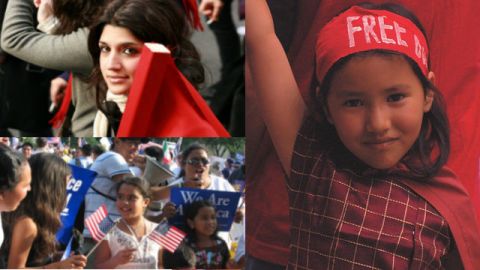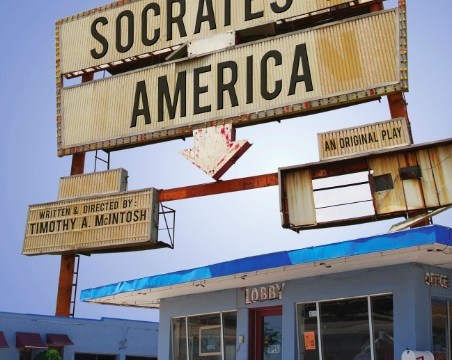“People Have the Power”: Sir Fazle Abed Wins $500,000 WISE Prize for Education

This morning in Qatar, Sir Fazle Abed won the half-million dollar WISE prize — conceived as the “Nobel prize” of Education — in recognition of his lifetime achievements towards making knowledge a fundamental right. In honor of that award, we’re republishing a segment from our October interview with Abed.
What’s the Big Idea?
Recently, Big Think sat down with Sir Fazle Abed, founder of the microfinance organization BRAC, to ask, what can we do to empower women and girls throughout the world?
What’s the Significance?
Influenced by anti-imperialist philosophers Frantz Fanon and Paulo Freire, Abed believes that the solutions to a community’s problems should be generated from within it, by those it most affects, not outside of it. BRAC began with the impetus to “look to people to solve the multiplicity of problems that they face.”
The first initiative the organization undertook in 1972 was aimed at reducing child deaths due to dehydration, the cause of eighteen percent of child deaths worldwide. BRAC went to nearly every home in the countryside to teach mothers to make oral-rehydration solutions at in their own kitchens. Over the course of ten years, child mortality was reduced from 258 deaths per 1,000 to 75 deaths per 1,000.
This early victory inspired Abed to see women above all as change agents. Women bring communities together, says Abed, investing 90% of their income back in to their families, as compared to 30% by men. “If we want to change our society, we need to focus our attention on our women, who are not going to abandon anybody,” he says. Since its inception, BRAC has dispersed over $1 billion dollars in loans to women to start small businesses, mainly in dairy and chicken-farming.
But the belief that people have the power to shape heir own destinies is not the same as an insistence that they go at it alone, says Abed. “I have always believed, not in minimalist micro finance, but in micro finance with a plus, plus. The first plus means providing support in terms of imports and services and training. And the other plus means providing [women] healthcare, education for their children, so that [they can] afford to send their children to school.”
Today, almost 5 million children have gone through BRAC’s network of 40,000 single-teacher primary schools – currently, about 10% of the school-age population attends a BRAC school. And 80% of the organization’s yearly budget is created right where it started – in the farms and fisheries of Bangladesh.
“In these difficult financial times, as more and more people rise up to speak for the ‘99%,’ occupying streets across various cities of the world, the issue of inequity has been thrown into the forefront of world politics,” said Abed, at the World Innovation Summit for Education in Qatar, where he accepted the prize. “How do we begin to address this? We start with education – because education is the great equalizer.”
Read the original post here.





